News
-

Much of everyday life consists of routinized and habitual activities that use energy, such as heating the home. Heating (space and water heating combined) accounted for about 80% of the final energy consumption of households while about 90% of homes in the Netherlands used natural gas for heating in 2020. It is therefore no surprise that many households has been hit hard by Russia’s invasion of Ukraine since energy prices are contributing significantly to inflation at a time when the cost of living was already rising rapidly in the Netherlands. In this context, reducing energy consumption of households has become an even more critical and urgent issue. Household energy consumption relates to who we are, where we come from, and the socio-cultural and material contexts in which we live.
-
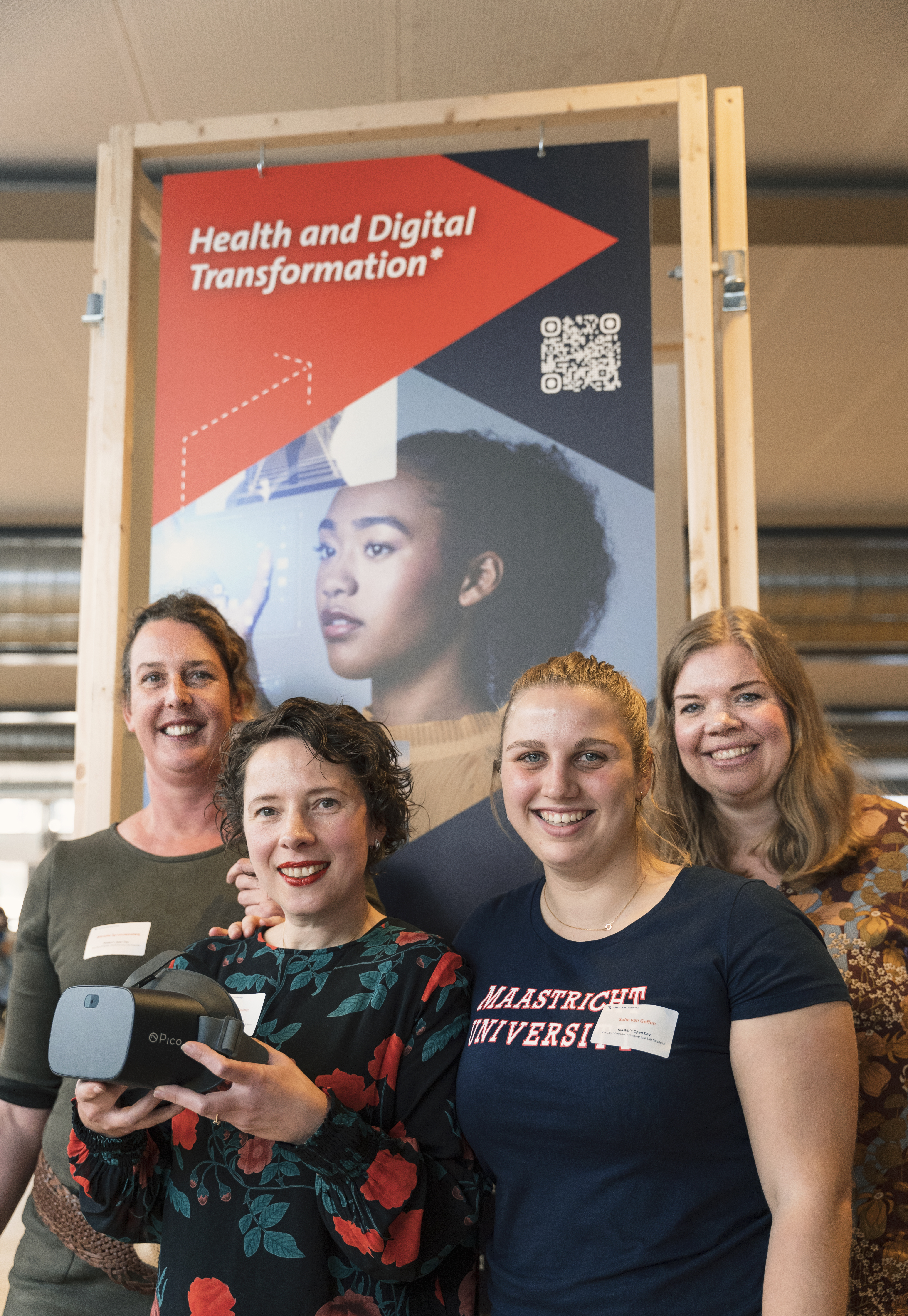
Data-driven science and digital technology can improve the organisation of healthcare. Think of innovation in the field of e-health, artificial intelligence, and robotics. As of September 2023, the Faculty of Health, Medicine and Life Sciences offers a new master’s programme that provides students with the skills to develop an implementation strategy for these digital innovations in the healthcare setting.
-
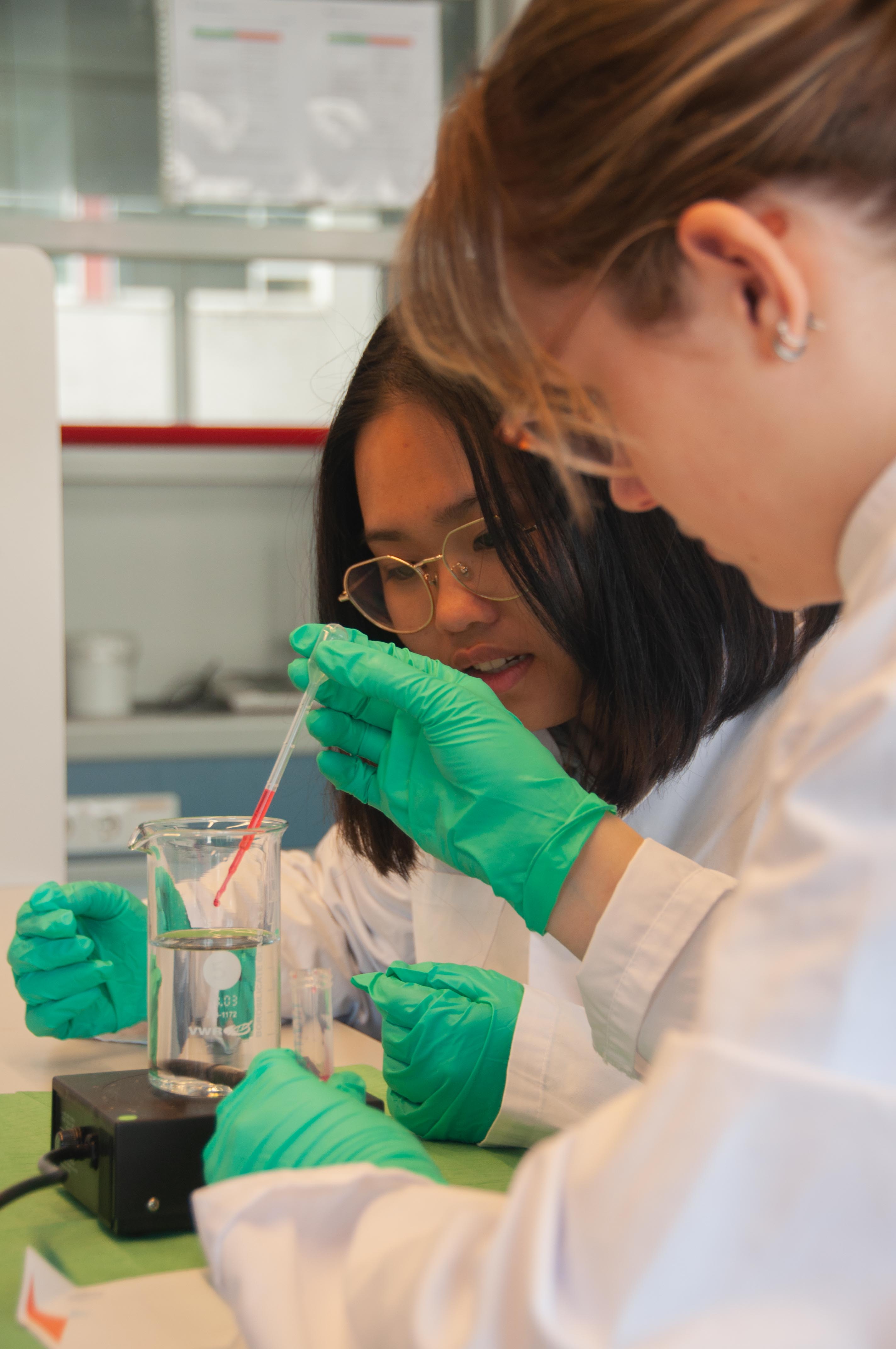
Regenerative medicine is an upcoming field where science and technology come together to design and develop new medical therapies based on regeneration. As of September 2023, the Faculty of Health, Medicine and Life Sciences offers a new bachelor’s programme that trains students to develop methods that trigger the body to repair or renew itself.
-
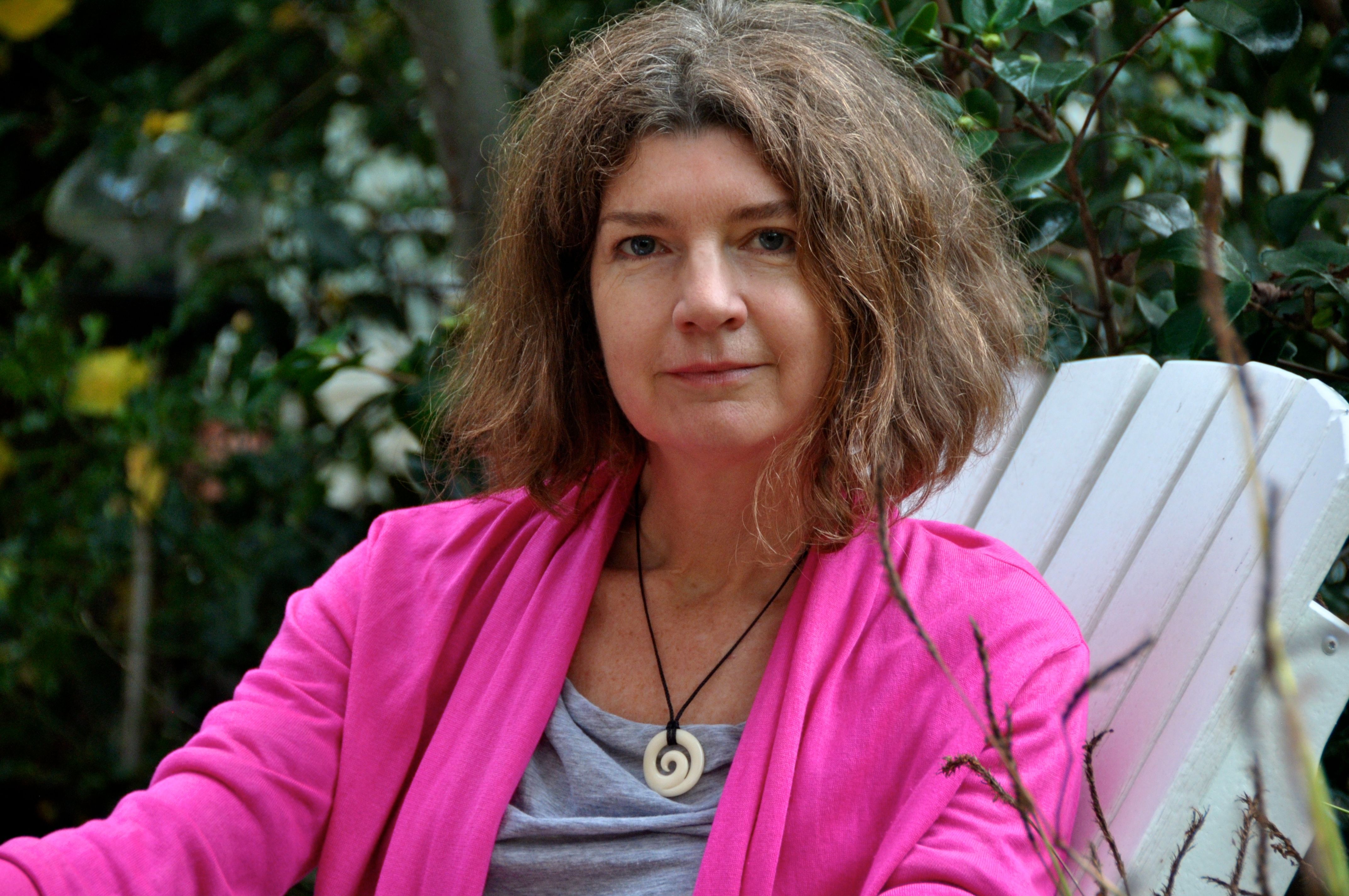
Man is not at the top of evolution says Jose Joordens
-

As of 11 May 2023, the Faculty of Health, Medicine and Life Sciences is proud to announce that the Accreditation Organisation of the Netherlands has accredited two new programmes. Prospective students can now apply for the bachelor’s programme Regenerative Medicine and Technology or the master’s programme Health and Digital Transformation, both of which will start in September 2023.
-

A total of 60 researchers from Dutch universities and knowledge institutions have been awarded more than 23 million euros from the SSH Open Competition M round 2022. This funding from the NWO's Social Sciences and Humanities domain enables scientists to conduct research on a topic of their own choice, without thematic preconditions. Among the laureates are no fewer than seven scientists from Maastricht University.
-
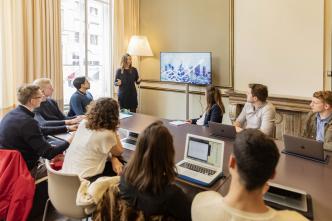
Limiting the number of international students in the Netherlands is a hot topic among Dutch politicians. Maastricht University (UM) has taken a critical stance in this discussion. The university was founded in the 1970s to promote prosperity in the Limburg region—prosperity that has long been enhanced by UM’s international character. What makes the mix of Dutch and international students even more important for UM than other Dutch universities? Hugo Hollanders, researcher at UNU-MERIT, and Astrid Boeijen, CEO of the Brightlands Smart Services Campus, explain.
-

On May 9th, the NWO awarded €2.7 million to improve the Advanced Virgo gravity wave detector in Pisa. Maastricht University will take part in this initiative, which will be led by the Dutch National Institute for Subatomic Physics (Nikhef).
-
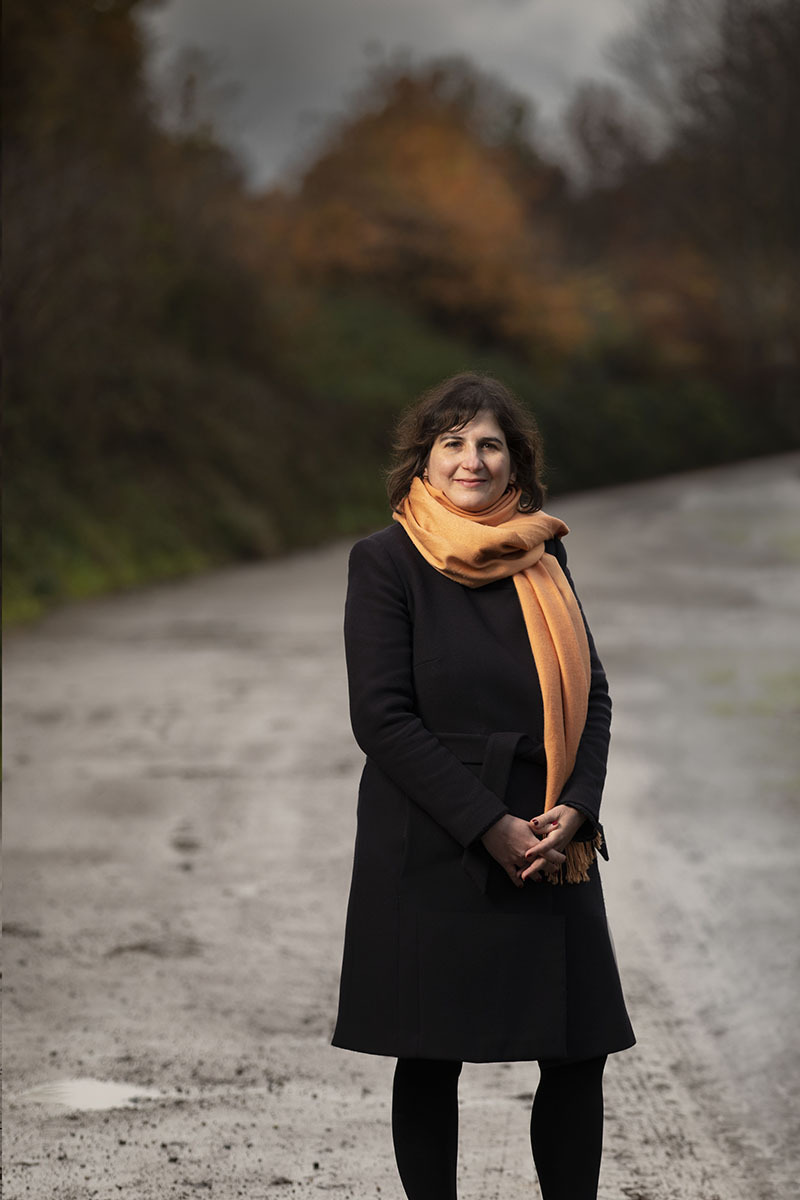
EU immigration and asylum law are plagued by disharmony and dysfunction. Lilian Tsourdi, assistant professor of International and European Law, is investigating how to improve the situation.
-
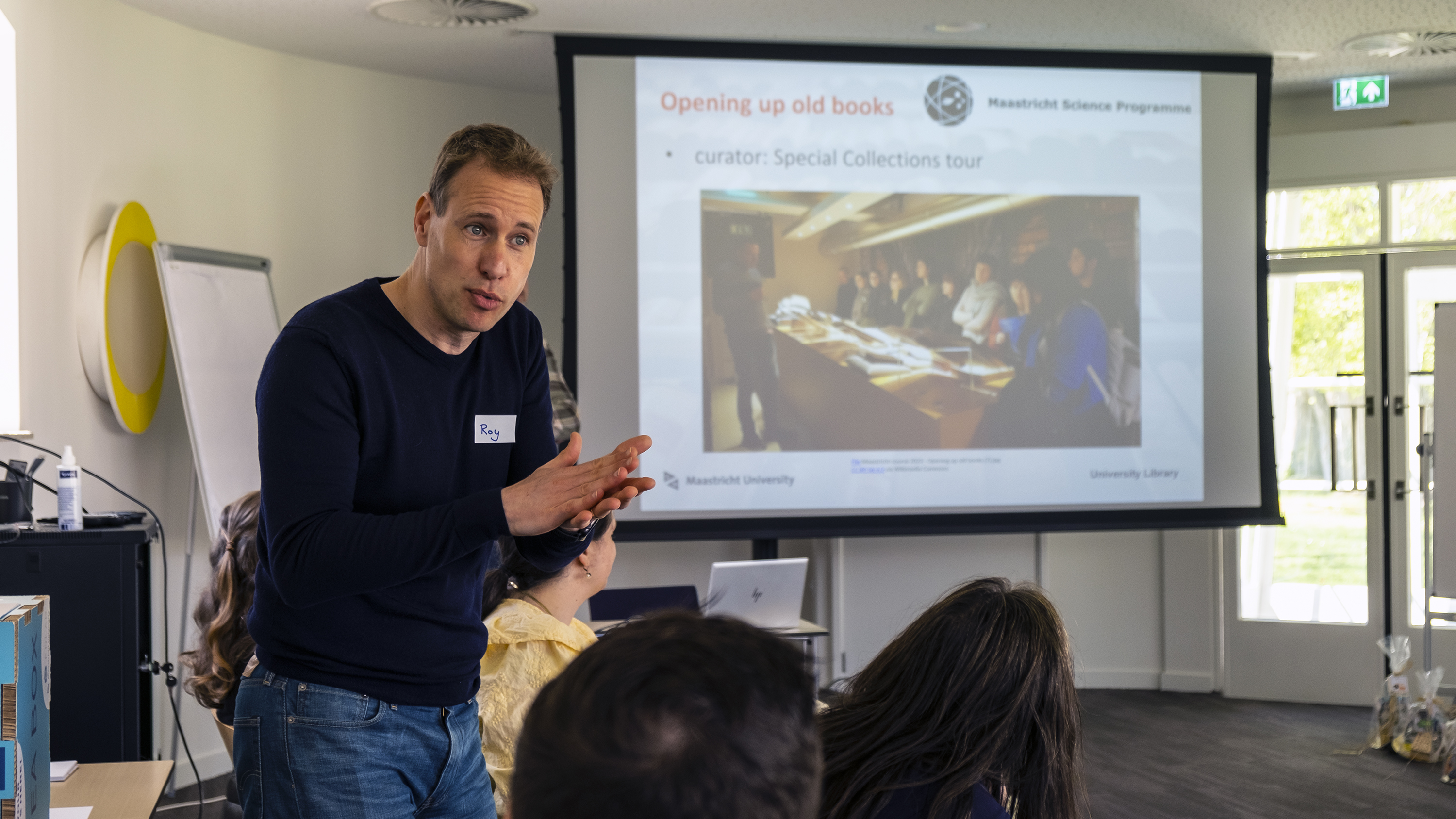
Gone are the days when students simply submitted papers and handwrote tests. A recent event at EDLAB showcased the creative ways that teachers at Maastricht University (UM) leverage digital technologies in their educational practice.